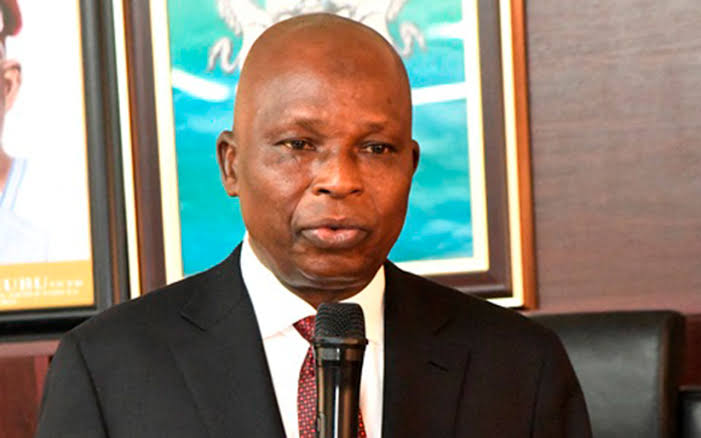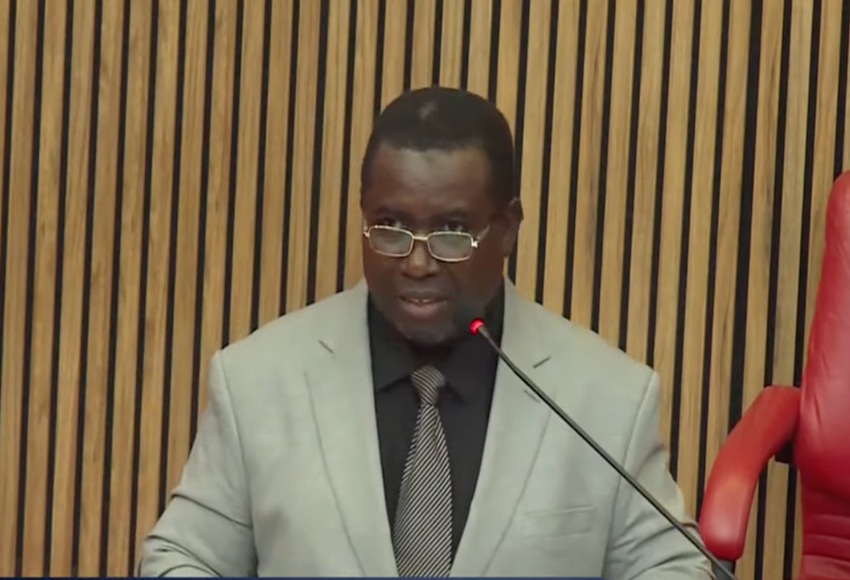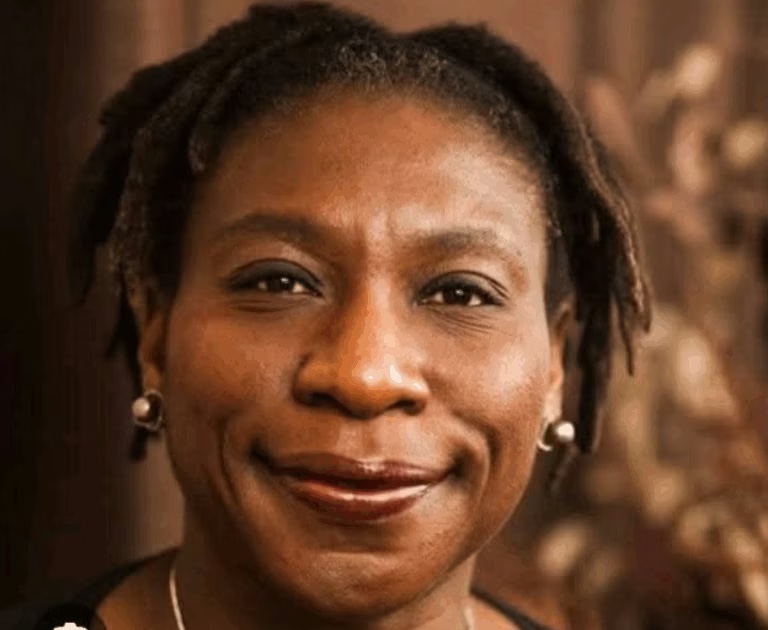
The Attorney General of the Federation and Minister of Justice, Lateef Fagbemi (SAN), has prohibited the Nigeria Police Force from parading suspects. This practice, which involves publicly displaying individuals suspected of committing crimes, has been banned by the AGF.
Senior officers from the Federal Capital Territory (FCT) and Lagos State Police Command confirmed they had been informed of the new directive.
One officer shared with our correspondent, “I’m aware of it. I believe the directive was issued by the AGF earlier this month or around that time, and we’ve been informed accordingly. You may have noticed some compliance.” Another senior officer in the FCT stated, “Yes, we’ve been instructed to cease parading suspects.”
When reached for comment, police spokesman Muyiwa Adejobi said the force would release an official statement on the matter at the appropriate time. “The police will issue an official response when it’s time,” Adejobi added.
Attempts to contact the Special Assistant on Communication and Publicity to the Minister, Mr. Kamorudeen Ogundele, were unsuccessful at the time of this report.
Human rights lawyer, Femi Falana (SAN), praised the AGF’s move, calling the practice of parading suspects illegal. He argued that it violated the constitutional right to be presumed innocent until proven guilty, as guaranteed by Section 36 of the Constitution and Article 7 of the African Charter on Human and Peoples Rights (Ratification and Enforcement) Act (Cap A9, Laws of the Federation of Nigeria, 2004).
Falana further criticized the discriminatory nature of the practice, highlighting that poor suspects are often paraded for minor alleged crimes, while politically exposed individuals accused of large-scale corruption are not subjected to the same treatment.
“While poor suspects are paraded for allegedly stealing small items, those accused of stealing billions are never exposed to the media,” Falana remarked.
He added that over five court rulings, including decisions from the ECOWAS Court and Federal High Courts, have deemed the practice illegal. Falana emphasized that while statements obtained from suspects during media parades are inadmissible in court, they are often used to incite public mob justice. “I have filed lawsuits against all law enforcement agencies to address the illegal nature of these parades,” he said.
Chief Mike Ozekhome (SAN) also condemned the practice, calling it unnecessary and unjust. He expressed concern about the lasting damage done to suspects’ reputations, particularly when they are later found innocent. “This practice has been around for years and needs to stop,” Ozekhome said. “The reputational harm remains permanent, even when the courts eventually clear the accused. The Inspector General of Police should instruct officers across the country to cease parading suspects. If there is a strong case, the suspect should be taken to court instead.”
Ozekhome also pointed out the distinction between suspects being paraded before trial and media coverage of individuals exiting courtrooms, where the matter is already in legal proceedings. “Labeling suspects as criminals before trial is unjust and should be stopped,” he concluded.
Advertisement







